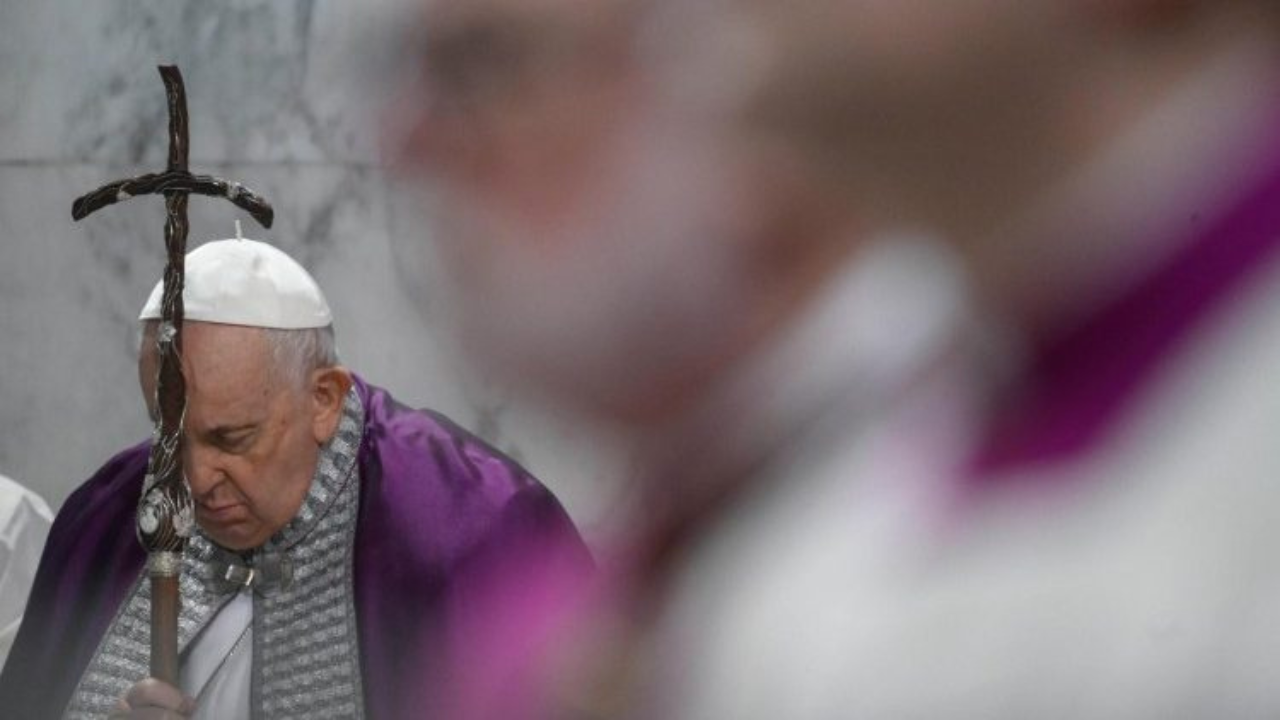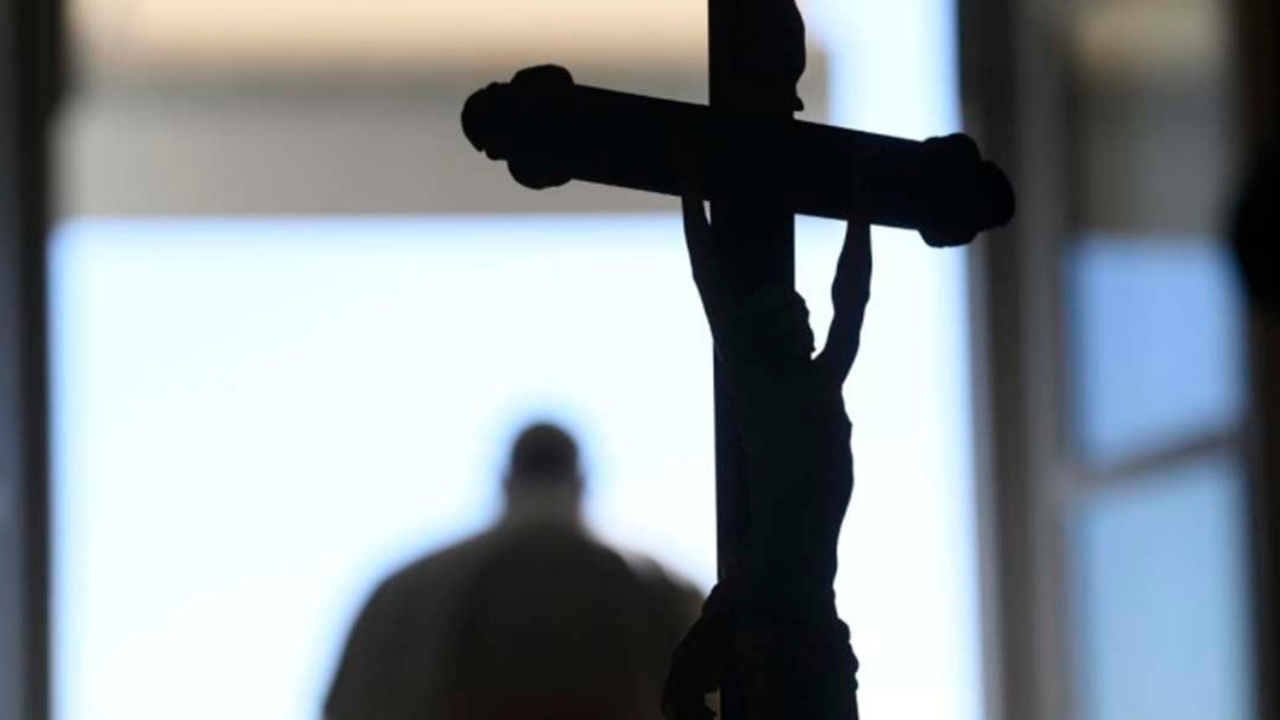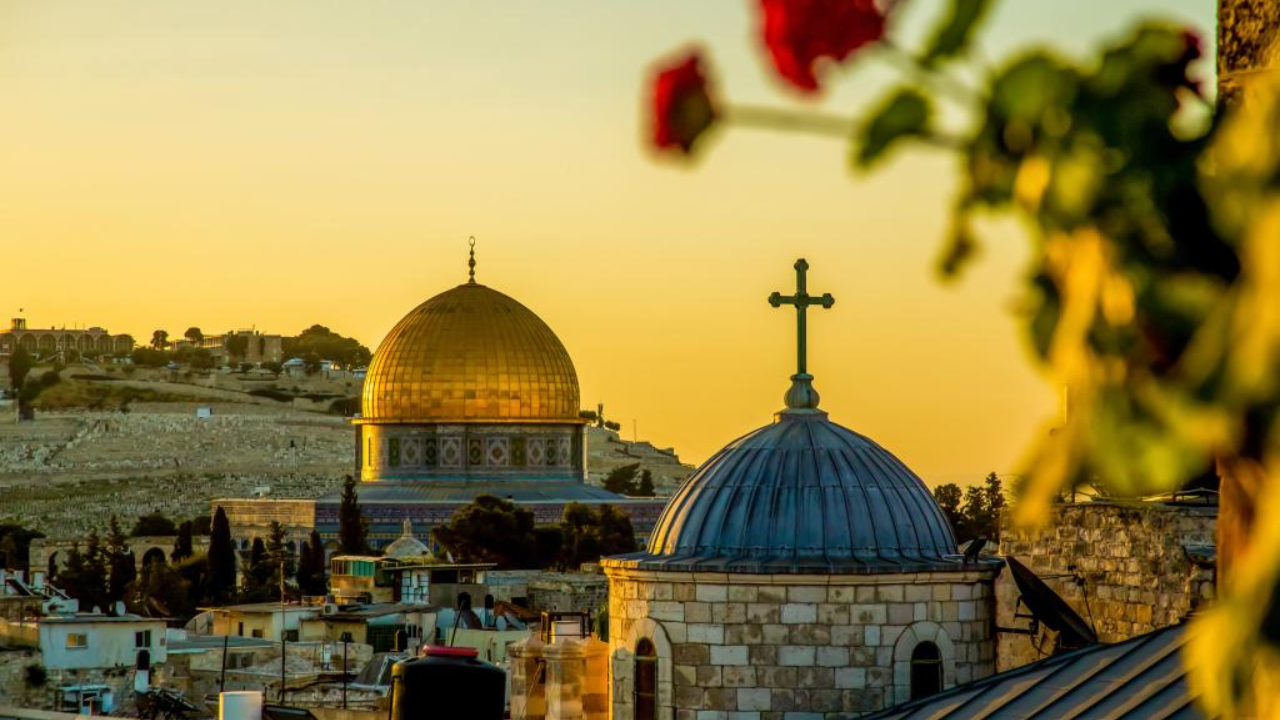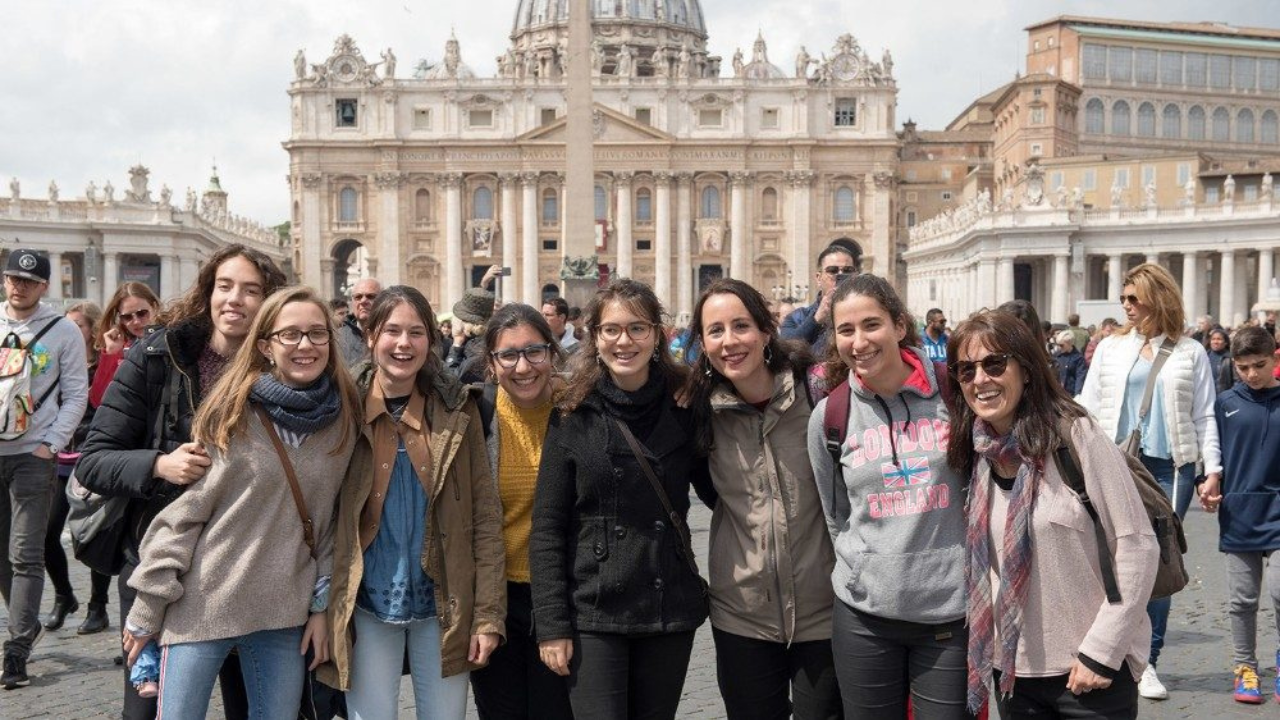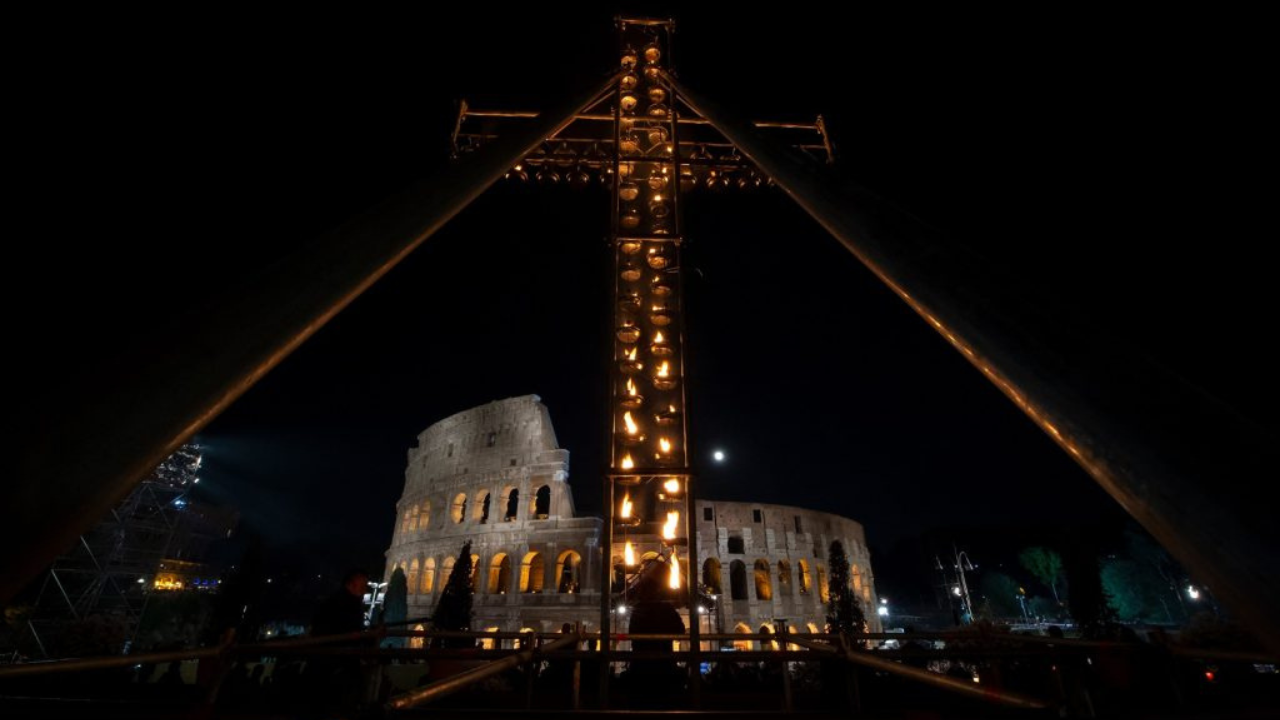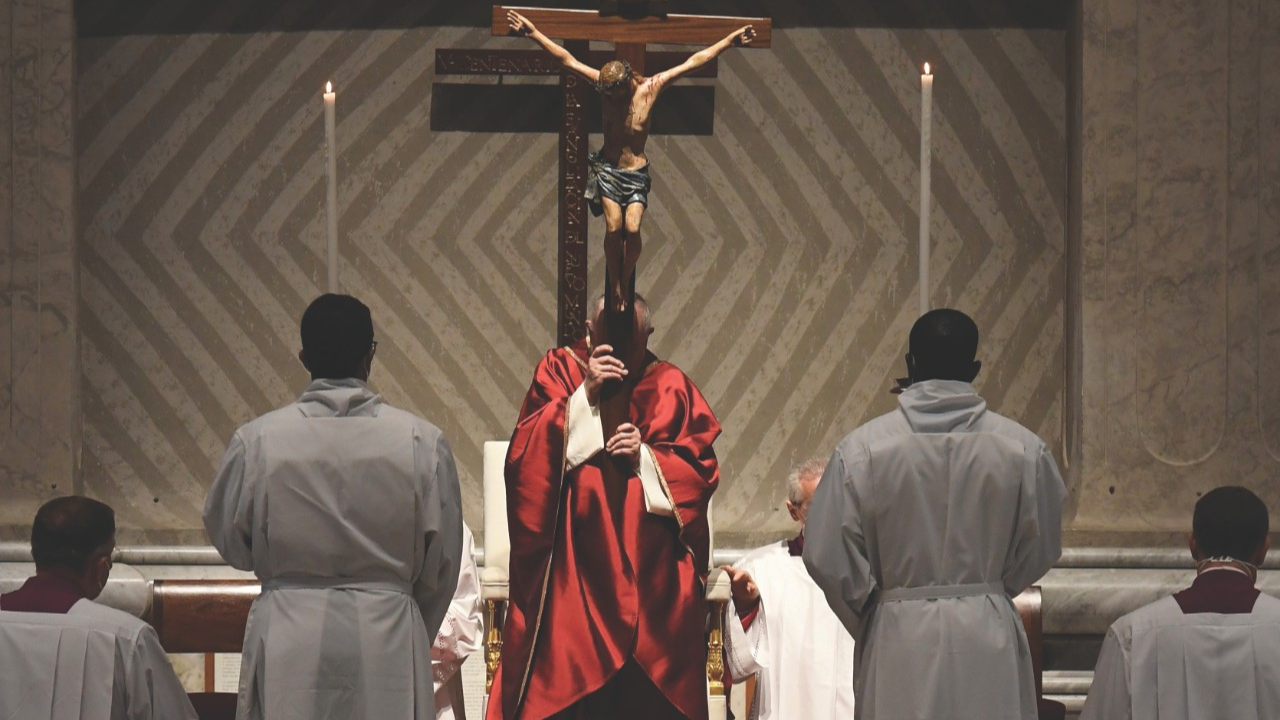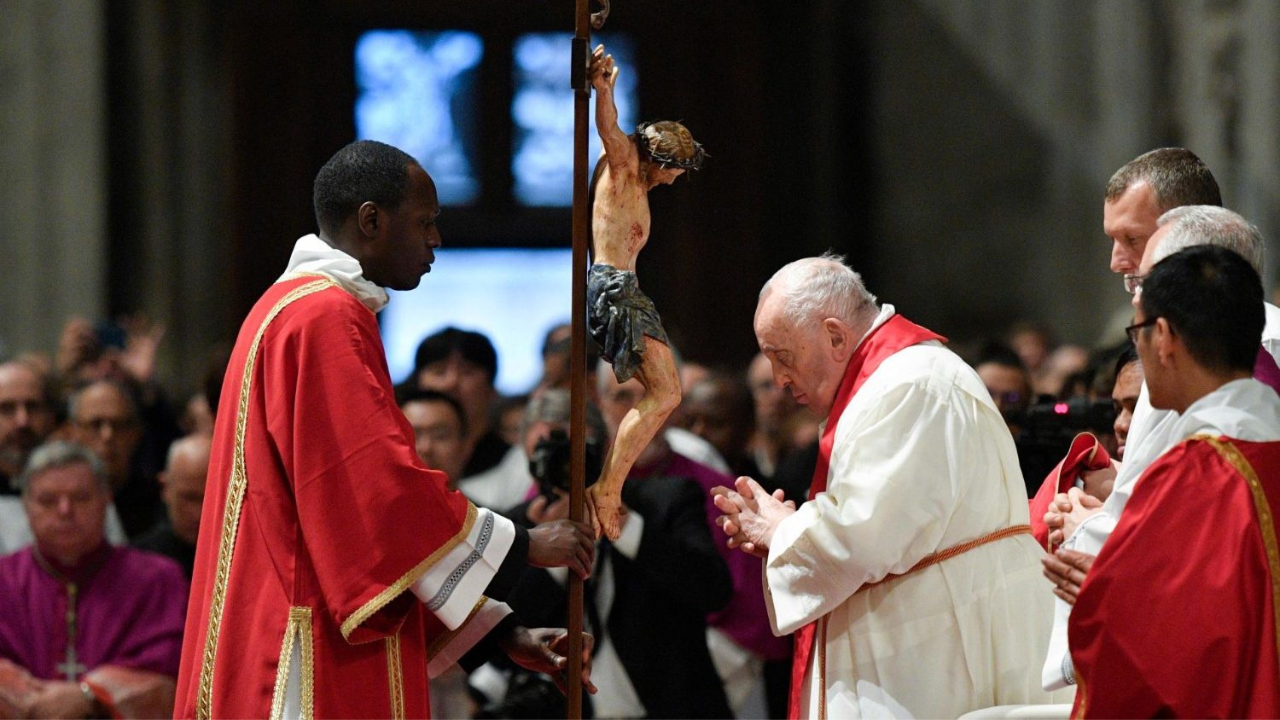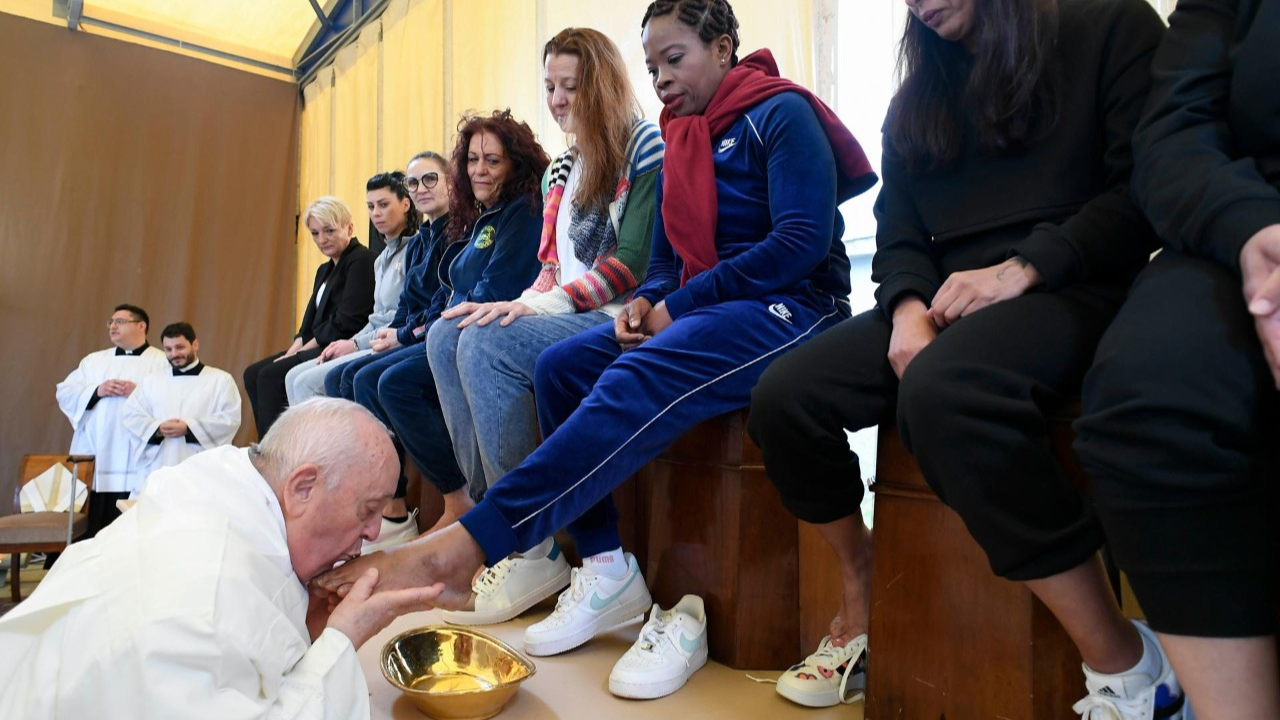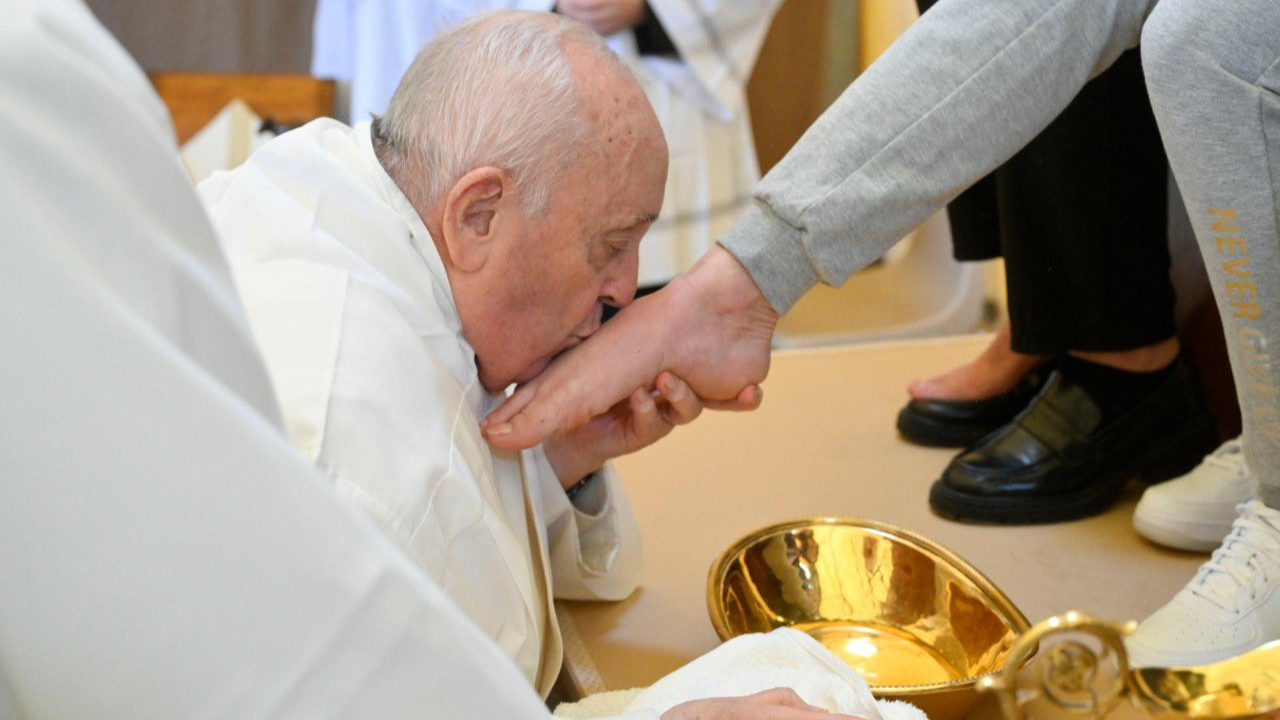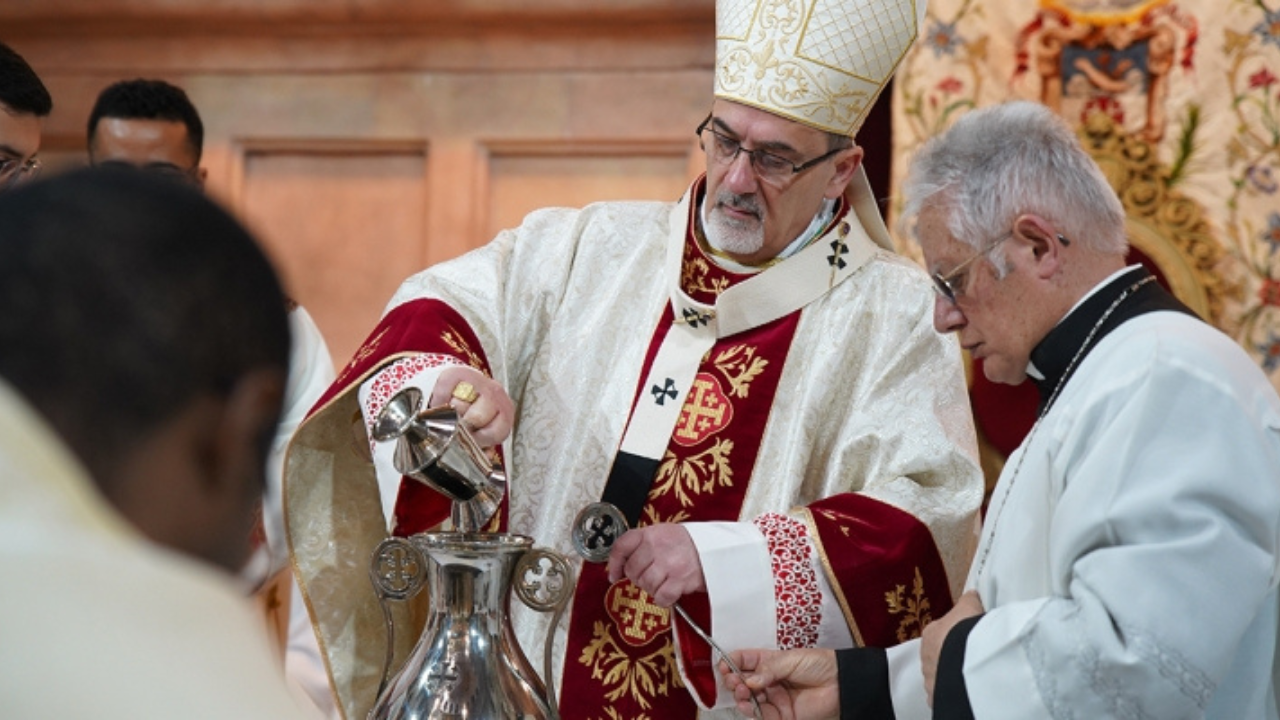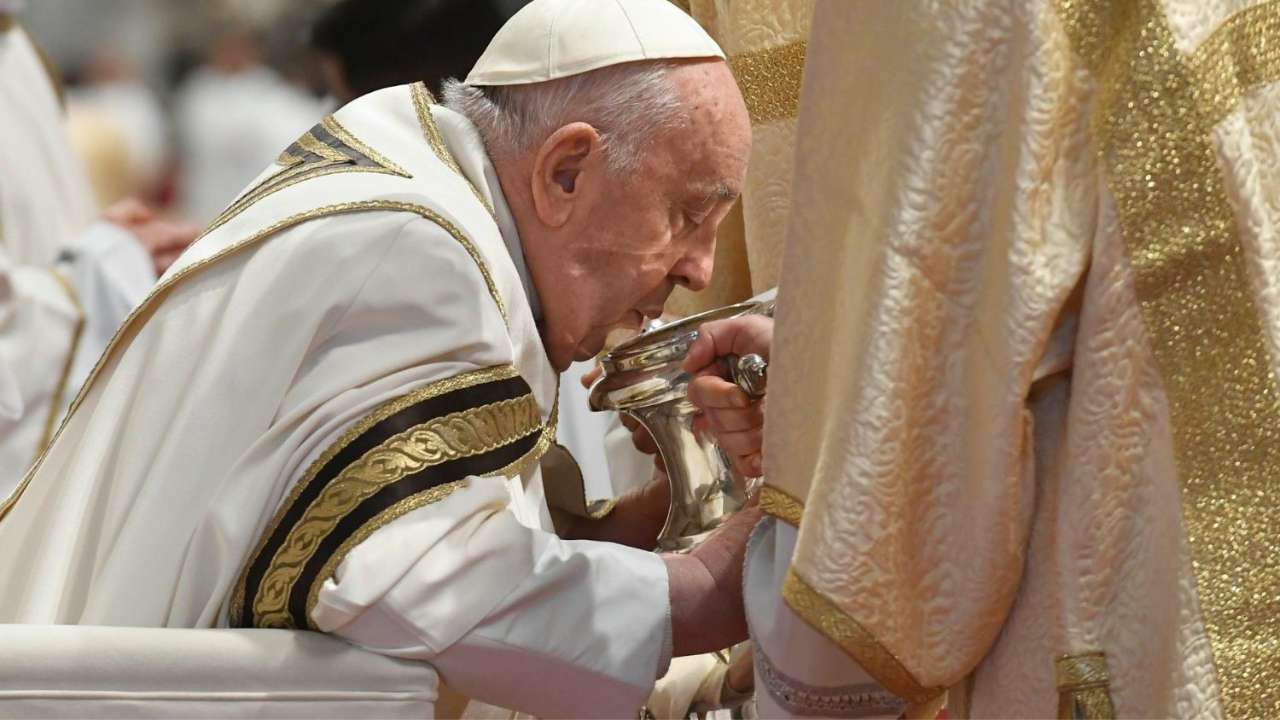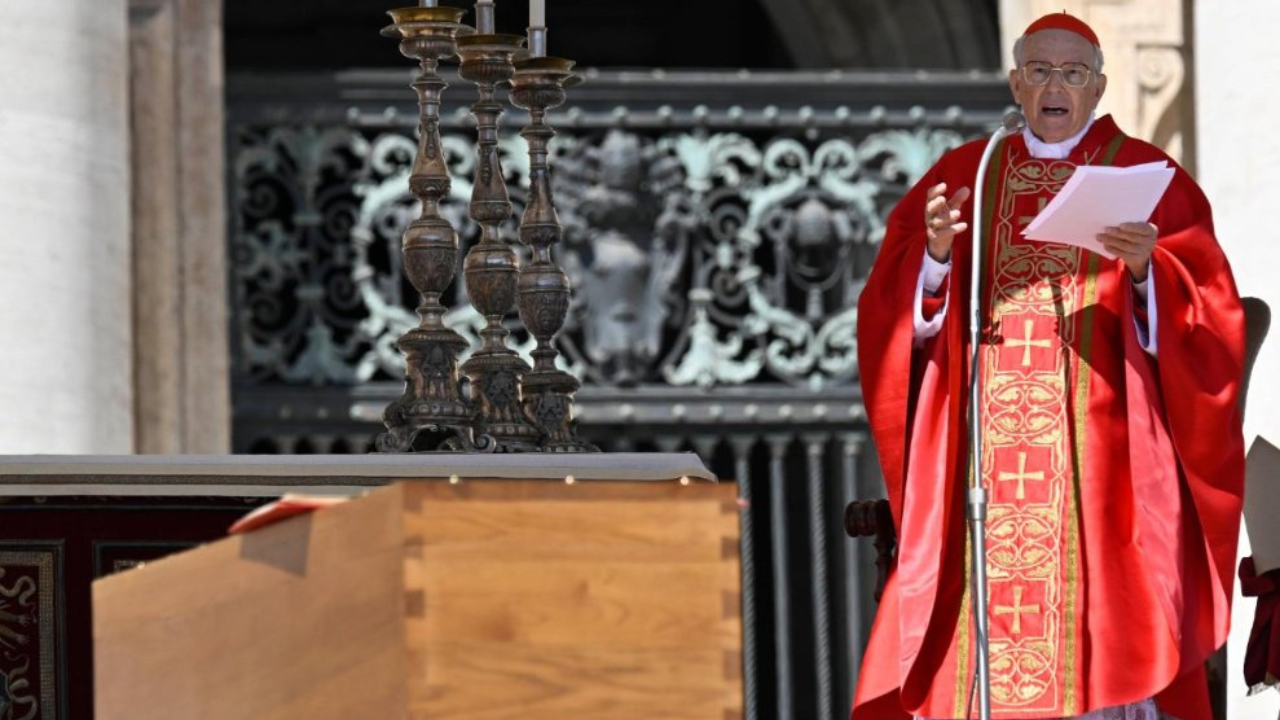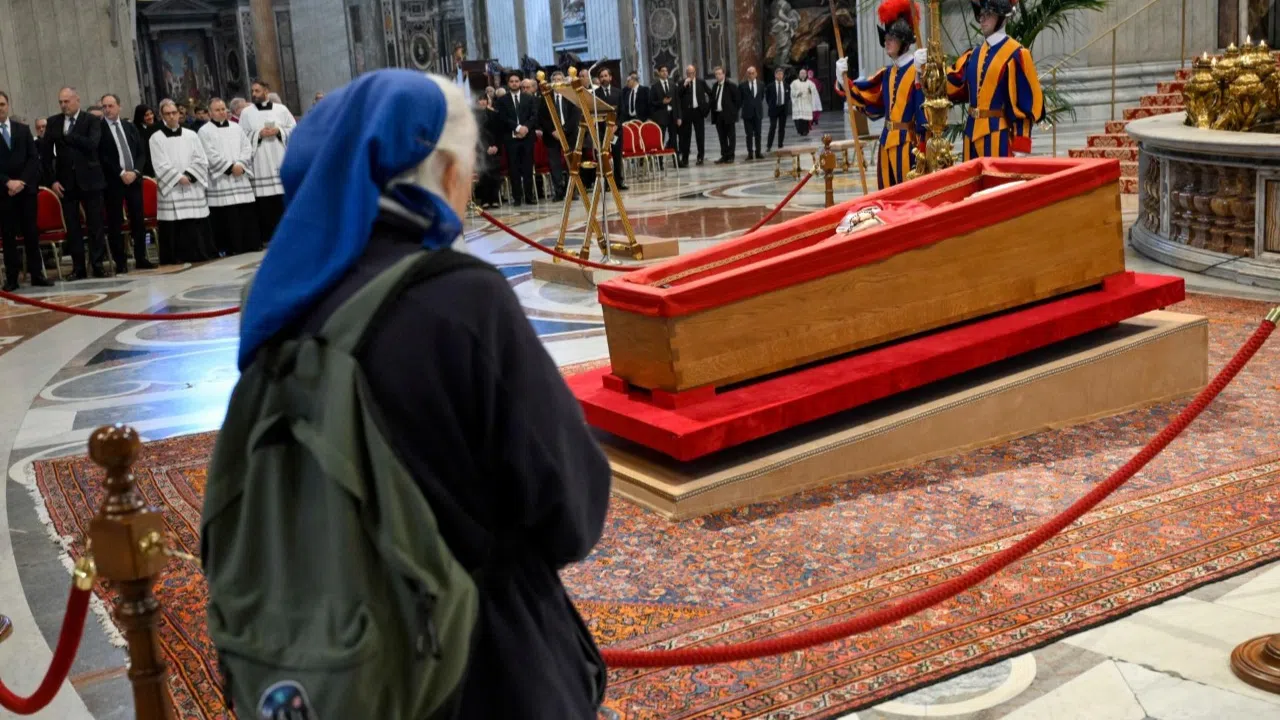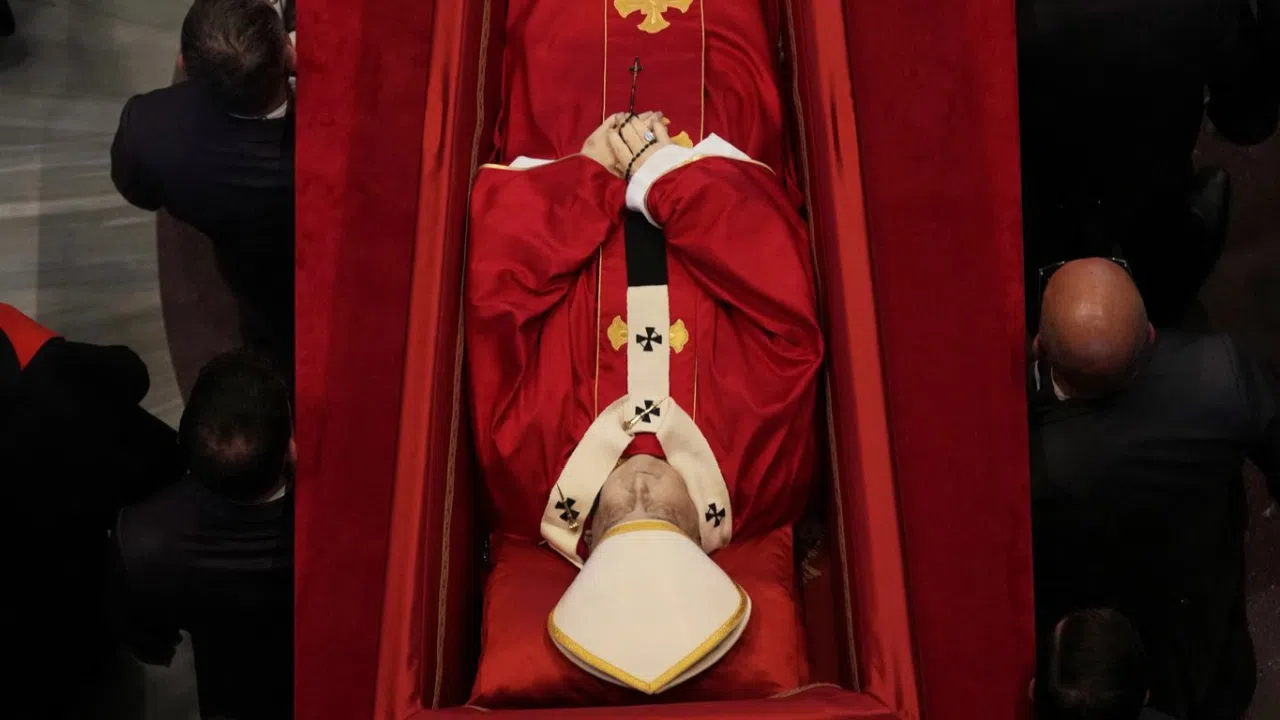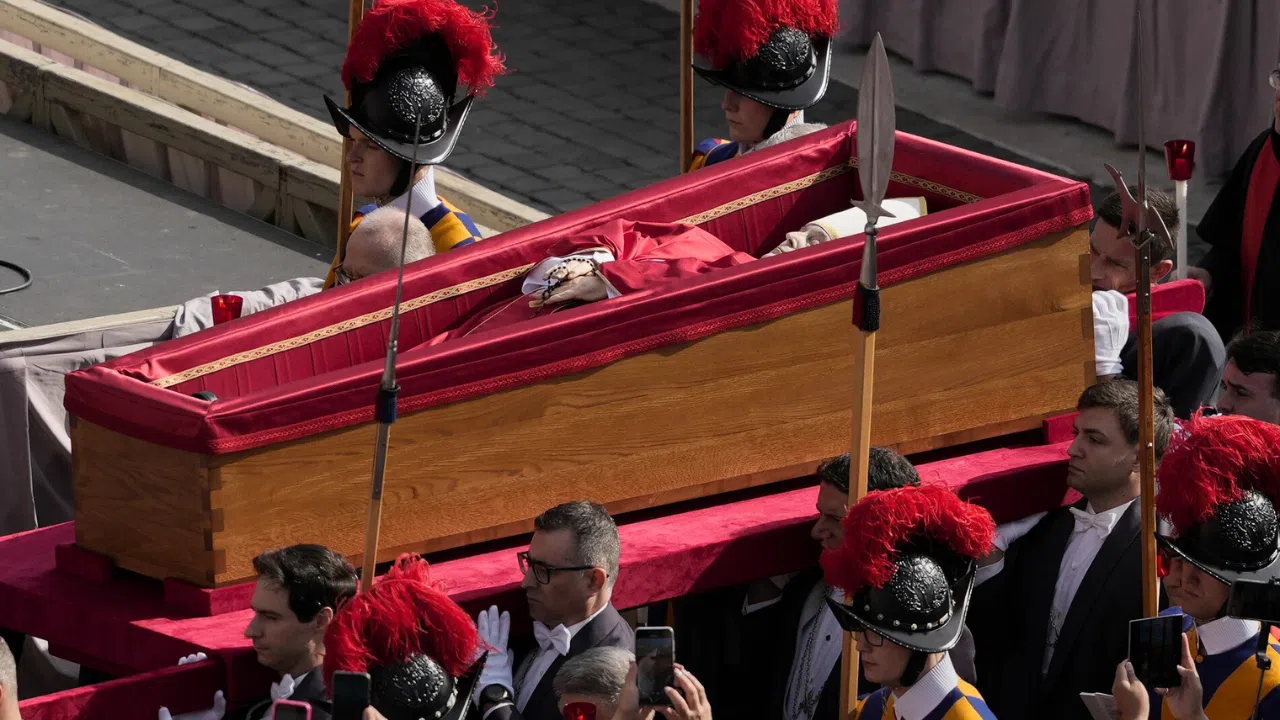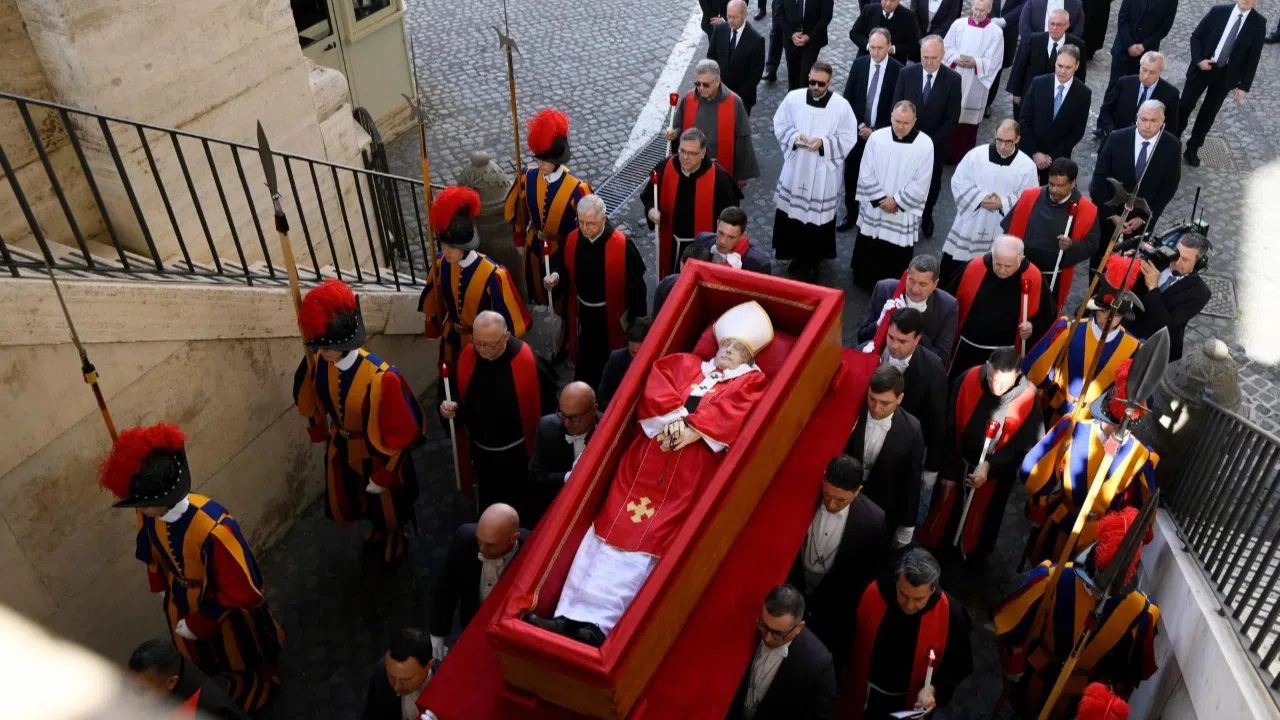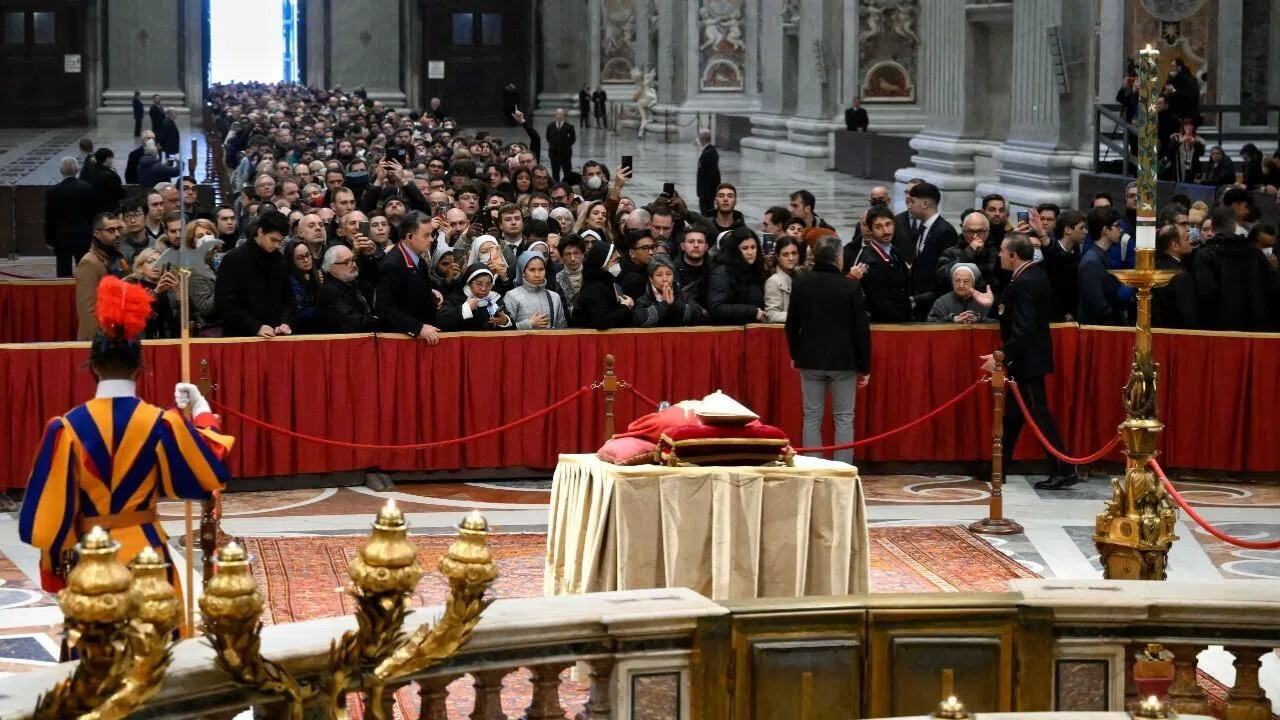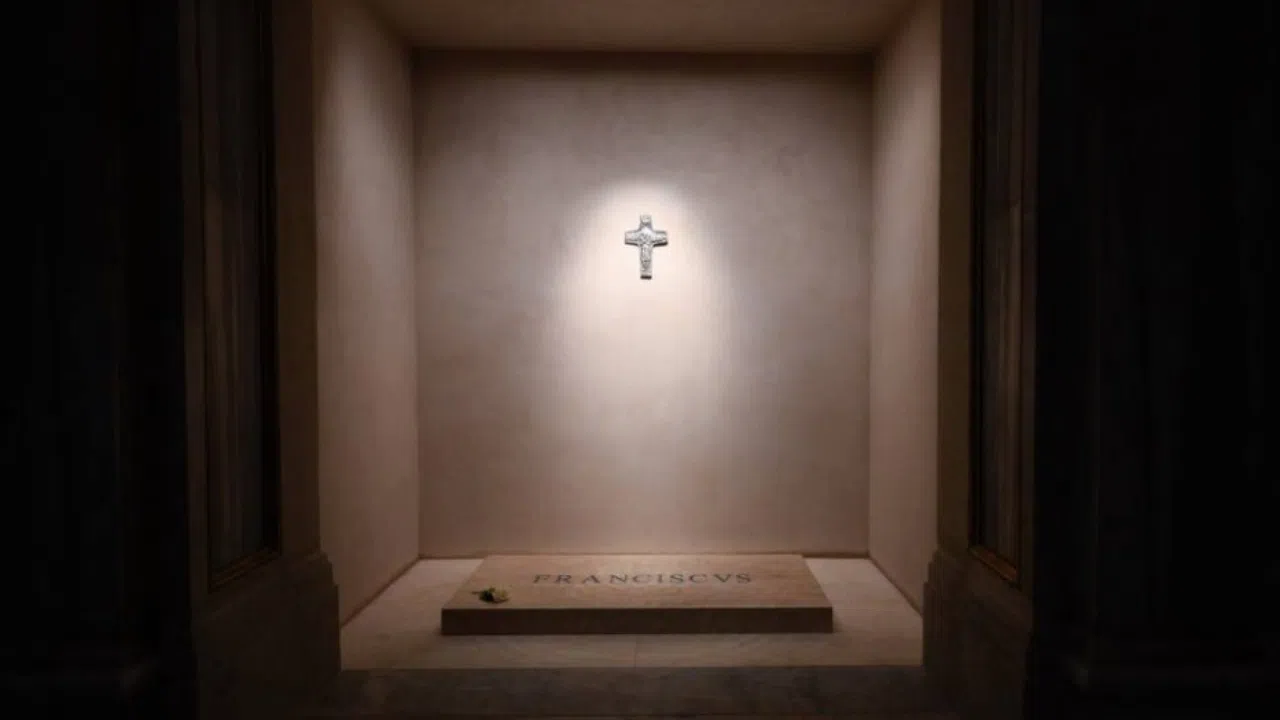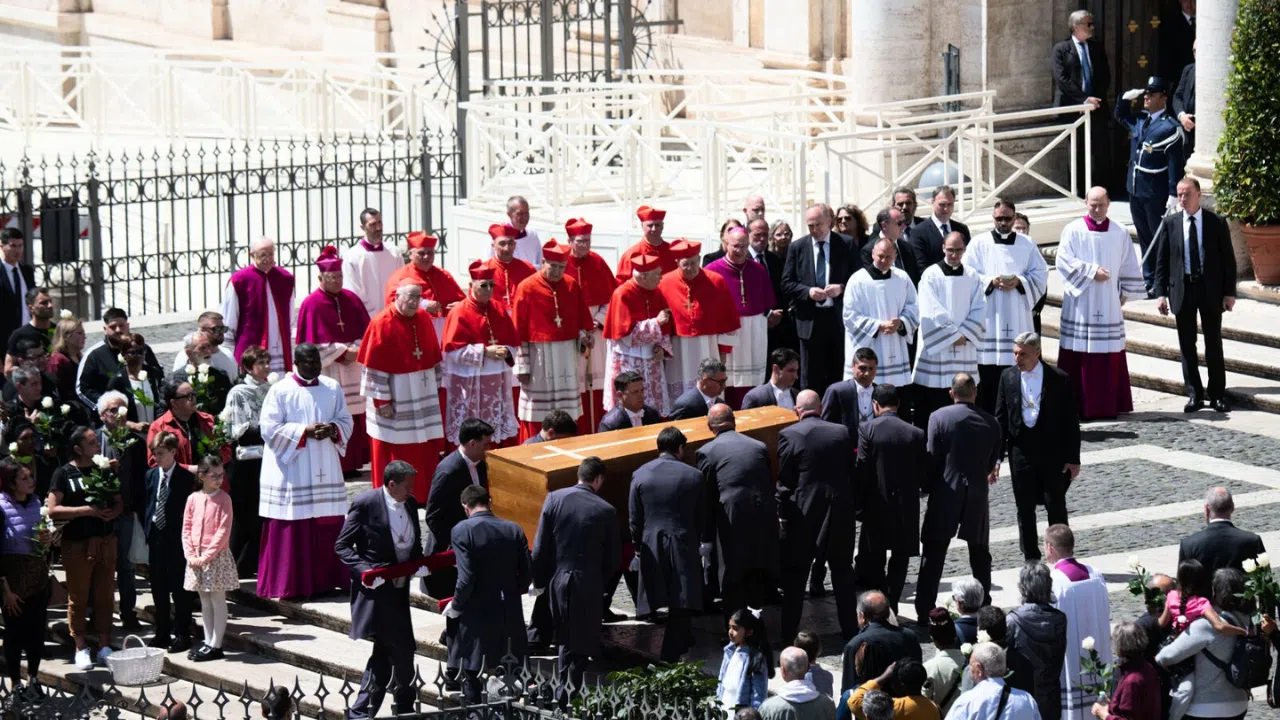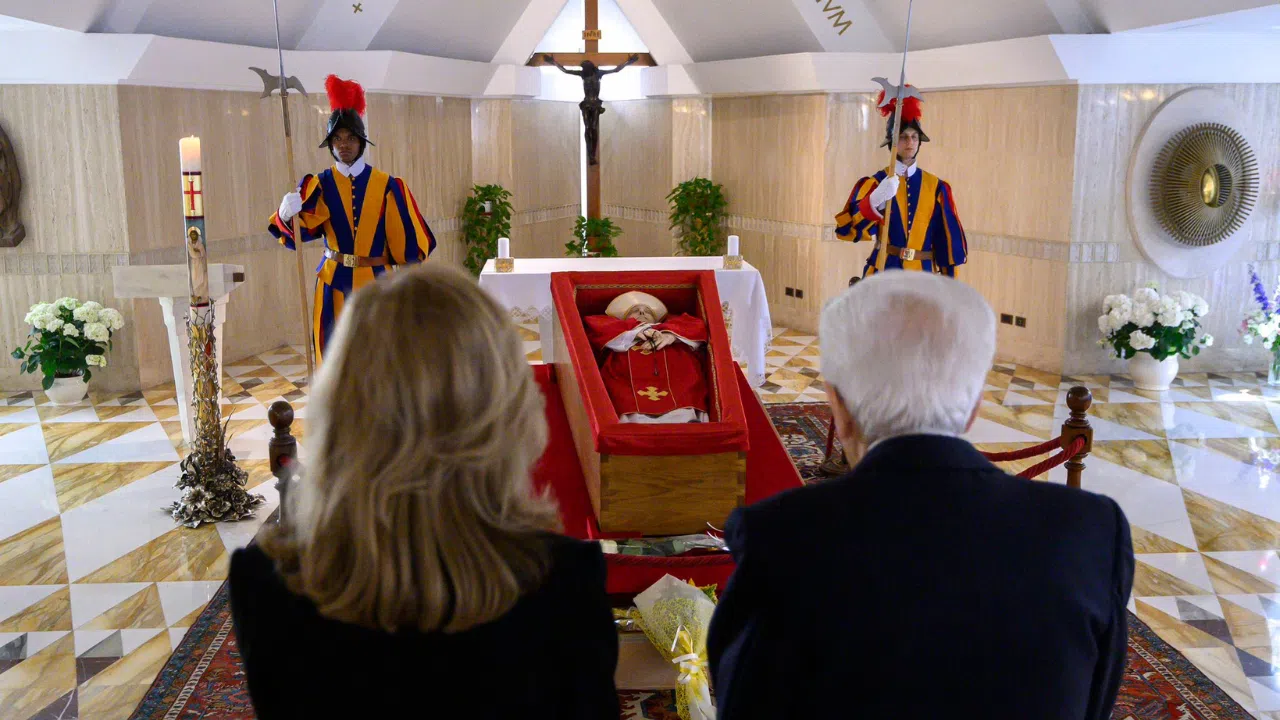Each Ash Wednesday Pope Francis has followed the tradition of processing to the first station church, or resting place, for Lent, the basilica of St. Sabina.
The tradition began with Pope Gregory the Great soon after the basilica was constructed in 422. The procession originally was uphill, from Basilica of St. Anastasia.
FR. PHILIPP WAGNER
Rector, Basilica of St. Sabina
“The pope would have come to the hill to rest some days before he celebrated the Mass because Lent was also, liturgically, a very heavy period. So that he had a kind of a retreat and resting days before.”
Now, however the procession takes place from St. Anselm, just a few meters away. In this church the event begins with a prayer service, before everyone moves to St. Sabina for Mass and to receive the ashes.
FR. PHILIPP WAGNER
Rector, Basilica of St. Sabina
“The imposing of ashes is also a symbol of the confession of our own sins. The pope is the first one to get it. He takes part, like every man as a sinner. He's also showing that ultimately you don't have to hide your sin, you can confess it. So with the ashes you will confess, 'Yeah, I'm a sinner, but I know and I believe that God will donate His mercy.'”
After the pope receives the ashes by the titular cardinal of St. Sabina, Jozef Tomko, the ashes are distributed to the rest of the congregation, including the Dominican friars who host the event at the basilica.
FR. PHILIPP WAGNER
Rector, Basilica of St. Sabina
“That is maybe an interesting aspect too to see how many people are involved to give the possibility for the Mass to be celebrated and be followed on televisions and also by a lot of people outside of Rome or for the sick or old people who are not able to come or who will not have a ticket. Because you can imagine a lot of people would like to go to St. Sabina, but the church is not as big as St. Peter's Square.”
Thus Rome's beginning of liturgical season of Lent is available to everyone, so Christians around the world can spiritually dive into the 40 days, marked by penance, prayer and almsgiving, before the resurrection of the Lord on Easter.
Melissa Butz
